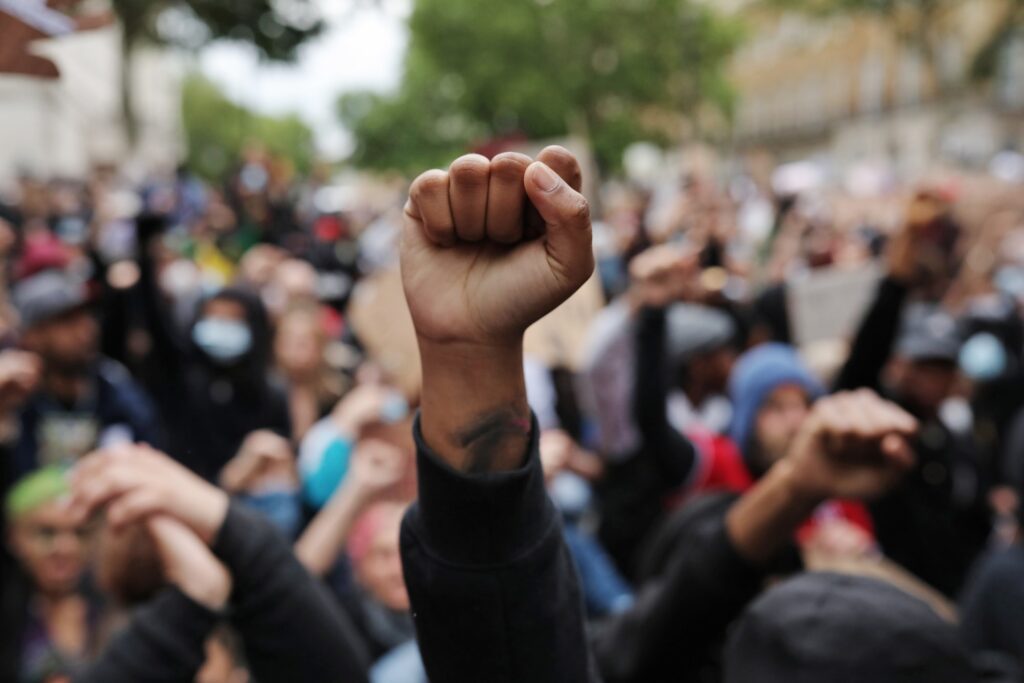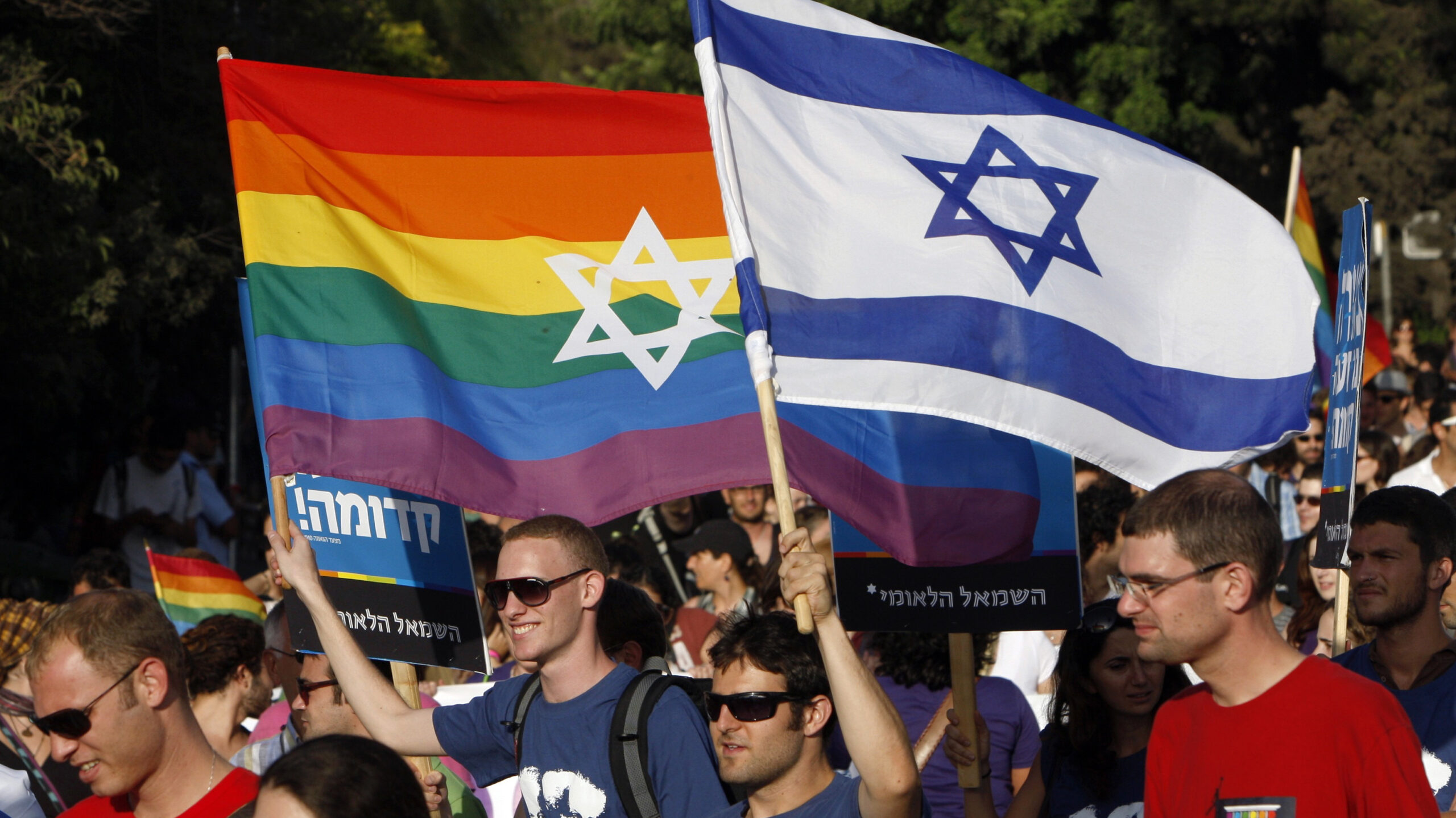Recently, I’ve seen many instances of white and non-Black POC questioning the Black community’s presence in social movements. Last week, for example, I stumbled across people accusing the Black community of being silent during the Israeli-Palestinian conflict. Not too long before that, they accused us of inciting violence and remaining silent in the face of anti-Asian hate.
“Where’s BLM now?” has become a common rhetorical question.
Remember #BLM? #StopAsianHate? #translivesmatter? Remember all the politicians and celebrities who came out of the woodwork to pour their hearts out in support of other victims of persecution?
— Sam Eshaghoff (@SamEshaghoff) May 21, 2021
But when it’s Jews— No celebrities. No news headlines. Not a peep. Crickets.
Black?
— Potus 45 (@TheBestPOTUS45) May 21, 2021
Did you say the suspect was Black ?
No shit. Another Black male attacking a female Asian?
I'm really Shocked. It can't be….
BLACK ????
AGAIN, and AGAIN, and AGAIN
99 out of 100#BLM #StopAsianHate
Despite our advocacy for many issues outside our own, the Black community is receiving overwhelming criticism that accuses us of inaction and silence.
I’m tired of seeing tweets saying black people are quiet about what’s going on in Palestine. Because who tf is quiet. I’ve donated. I’ve raised awareness . I genuinely have tried my hardest to explain what’s going on to the people around me.
— 🇵🇸#FreePalestine (@AdoraKadri) May 18, 2021
The problem, however, is not that Black people are silent. Rather, it is that society rarely perceives Black people’s contributions as being enough. The expectation that Black people have to be at the forefront of every movement has created an unrealistic expectation for us to stand up and spearhead for others, a pressure that is not placed on other marginalized groups to the same degree.
Y'all ask for way too much from Black people. Y'all want us to be sympathetic, empathetic, patient in explaining racism, calm when we are being unjustly murdered, quiet when you don't want to hear about Anti-Blackness & speak up for other minorities experiencing racism.
— L. Fisherman (@D0MXNXQUE) February 27, 2021
i don’t do transactional activism. i won’t keep silent on asian hate crimes just bc of anti-blackness. but what i WONT allow is for anti-blackness to be the premise of raising awareness. you CAN raise awareness without antagonizing black people. i promise
— ishi 🇳🇬 (@ishi0ma) March 17, 2021
The type of exhaustion— one that comes with constantly being centered in negative ways—was coined “Black fatigue” by author Mary-Frances Winters. She defined Black fatigue as the “repeated variations of stress that results in extreme exhaustion and causes mental, physical and spiritual maladies that are passed down from generation to generation.”
Although already weighed down by the burden of their own plight, Black people are continuously asked to give from a deficit. But if they are to continue to build on their own movement effectively, we must also be allowed to rest and the expectations for us to lead every movement must change.
For this to happen, non-black POC and white people must refrain from using accusatory language towards the Black community when they don’t see Black people taking the lead in other movements. They must also take greater and equal responsibility in the fight against racism and social injustices.






